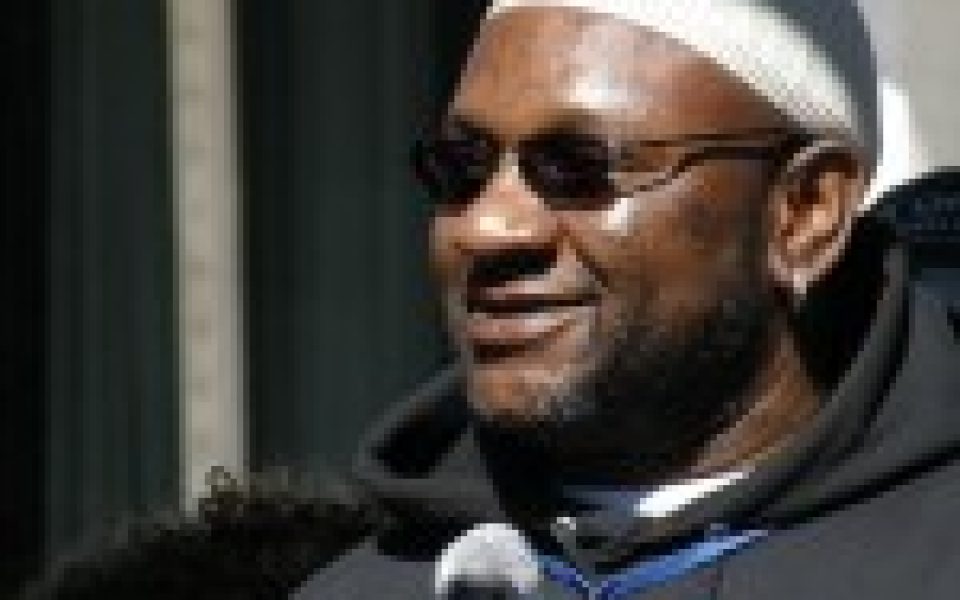 by Brian Clarey
by Brian Clarey
I first met Darryl Hunt eight years before his untimely death, four years after he had finished serving 19 years for the murder he did not commit, and 24 years after the body of Deborah Sykes was found one morning outside the Crystal Towers apartments in Winston-Salem. It was a year since he had accepted $2 million from the state of North Carolina and city of Winston-Salem as compensation for the failures of their systems.
His lawyer Mark Rabil told me Darryl could have sued for up to $500,000 for every year he had been falsely imprisoned — almost $10 million — but the two were understandably wary of the court system, and anyway Darryl was anxious to get on with his life.
I would have sued the living crap out of everyone involved, I told Darryl that day while we were driving in his car, a new-ish Lexus, and smoking cigarettes. I would have taken the money, kicked the dust of Winston-Salem from my boots and found the fastest road out of town. I would have driven off with my arm out the driver’s side window and my middle finger extended. I would never have come back.
Instead Darryl took the $2 mil. When, after seeing the HBO documentary about his life, The Trials of Darryl Hunt, an anonymous fan offered to pay his tuition for four years at a Colorado university, Darryl politely declined, saying at every point where he could have made his escape: “This is where I need to be.”
Darryl, through the foundation he started, helped young, black men acclimate after years in prison. He drove around in his car for hours smoking cigarettes. He watched the sun come up. Most recently he had been advocating for Kalvin Michael Smith, another local black man currently 18 years into a sentence built on shaky evidence.
But Darryl may have been unable to shake the effects of all those years — years in which those of us on the outside built careers, started families, bought homes, established matrices of friends, business contacts, marketable skills.
Darryl didn’t have any of those things.
After my story came out, I remember hitting up a downtown bar, where the manager had read the piece.
She relayed a tale of her own about Darryl: how, one night before the Sykes episode, he had robbed a restaurant where her brother had been working. The robbers tied up the restaurant crew in a back room.
“That’s the Darryl Hunt I remember,” she had said. I never bothered to check if it was true. Darryl had just a couple misdemeanors on his sheet before his arrest for murder, yet so many in his community still viewed him as a criminal.
I knew Darryl for just a couple days, back when his bank account was newly flush and things were better. He told me he liked to smoke cigarettes and watch the sun come up, to drive around town in his car, no destination in mind.
“Just feeling free,” he had said.
Free.
And now, finally, I suppose he is.
Join the First Amendment Society, a membership that goes directly to funding TCB‘s newsroom.
We believe that reporting can save the world.
The TCB First Amendment Society recognizes the vital role of a free, unfettered press with a bundling of local experiences designed to build community, and unique engagements with our newsroom that will help you understand, and shape, local journalism’s critical role in uplifting the people in our cities.
All revenue goes directly into the newsroom as reporters’ salaries and freelance commissions.


Leave a Reply